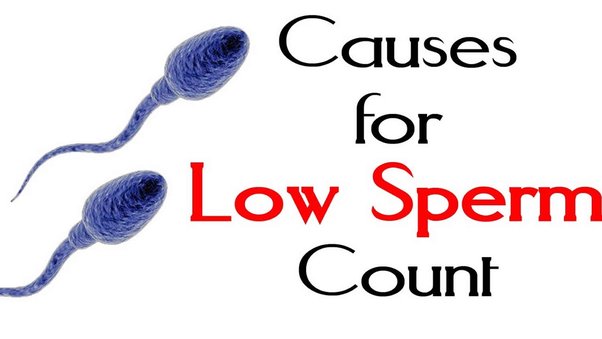by | Apr 30, 2024 | Fertility Hospital in Jaipur, gynecologist, Infertility Centre in Jaipur, IVF Center in Jaipur, IVF Centre Near Me, IVF Clinic in Jaipur, IVF Hospital in Jaipur, IVF Jaipur, IVF Success Rate, IVF Treatment in Jaipur, PCOS clinic in Jaipur, PCOS treatment in Jaipur
Low sperm count, also known as oligospermia, can be caused by various factors, including:
Lifestyle Factors: Poor lifestyle choices such as excessive alcohol consumption, smoking, drug use, and obesity can negatively impact sperm count.
Medical Conditions: Certain medical conditions like infections, hormonal imbalances, genetic disorders, undescended testicles, and anatomical issues can affect sperm production.
Environmental Factors: Exposure to toxins such as pesticides, heavy metals, and radiation can harm sperm production.
Emotional Stress: Chronic stress can interfere with hormone levels and affect sperm production.
Medications: Some medications, including chemotherapy drugs, steroids, and certain antibiotics, can impair sperm production temporarily or permanently.
Varicocele: This is a swelling of the veins that drain the testicle. It’s a common cause of low sperm production and decreased sperm quality.
Infections: Certain infections can interfere with sperm production or sperm health. These infections include sexually transmitted infections (STIs) like gonorrhea or HIV.
Hormonal imbalances: Low levels of testosterone or other hormonal imbalances can affect sperm production.
Genetic factors: Certain genetic conditions can cause low sperm production or abnormal sperm function.
Undescended testicles: If one or both testicles fail to descend from the abdomen into the scrotum during fetal development, it can affect sperm production.
Treatment for low sperm count depends on the underlying cause:
Lifestyle Changes: Adopting a healthy lifestyle by maintaining a balanced diet, regular exercise, avoiding harmful substances like tobacco and alcohol, and managing stress can improve sperm count.
Medication: In some cases, medications such as hormone treatments or antibiotics can help correct hormonal imbalances or treat infections that may be affecting sperm production.
INTRAUTERINE INSEMINATION: Mild male factor where there are only minimal problems with sperm counts and motility, IUI may be beneficial.
Surgery: Surgical interventions may be necessary to correct anatomical issues such as varicoceles (enlarged veins within the scrotum) or to retrieve sperm directly from the testicles for use in assisted reproductive techniques like in vitro fertilization (IVF) or intracytoplasmic sperm injection (ICSI).
Sperm retrieval: In cases where sperm production is very low or absent, sperm can be retrieved directly from the testicles or epididymis for use in ART procedures.
Assisted Reproductive Techniques (ART): ART procedures like IVF or ICSI can be used to overcome low sperm count by directly injecting sperm into the egg or fertilizing the egg outside the body.
Lifestyle Supplements: Some supplements, such as antioxidants like vitamin C, vitamin E, and coenzyme Q10, have been shown to improve sperm quality and count in some men. However, it’s essential to consult a healthcare provider before taking any supplements.
It’s important for individuals experiencing low sperm count to consult with a healthcare provider to determine the underlying cause and develop an appropriate treatment plan tailored to their specific situation.
Click to more info :- Best IVF Center in Jaipur

